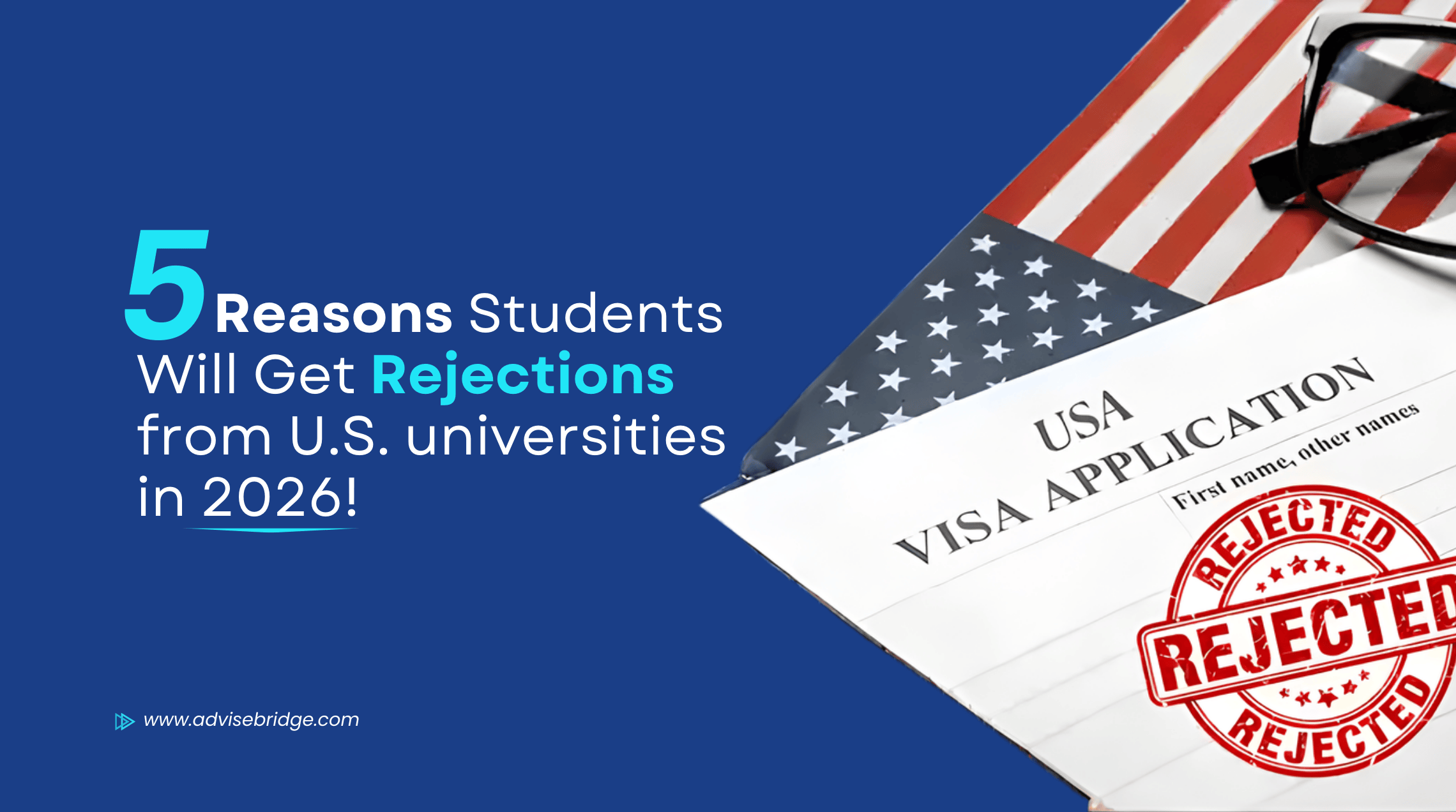Preparing for study abroad interviews can be nerve-wracking. These interviews are critical for showcasing your personality, goals, and readiness to immerse yourself in a new culture. But what if you could use an AI tool like ChatGPT to assist you? It might sound unconventional, but many students are turning to it for guidance.
Let’s break down the pros and cons and whether it really works.
Why Study Abroad Interviews are Essential?
Study abroad interviews are more than just a formality. They give program directors insight beyond your application. Your words, tone, and perspectives serve as windows into your character and motivations. Excelling here can play a big role in securing your spot in a competitive program.
What Do Study Abroad Interviews Evaluate?
In these interviews, officials typically assess:
Communication Skills: Can you explain your thoughts clearly and confidently?
Cultural Awareness: Are you prepared to adapt to a different way of life?
Academic Readiness: How well does the program align with your academic goals?
Personal Motivations: Why are you passionate about studying abroad, and how does it fit into your future?
Pro Tip: Understanding how and what these interview evaluates is key. Learn more about typical study abroad interview questions here
Common Challenges Students Face
Interviews can be tricky, especially if you’re not sure what to expect. Common hurdles include:
Anxiety: Feeling nervous about how you’ll come across.
Lack of Confidence: Worrying that your answers aren’t compelling enough.
Limited Practice: Not having someone to run mock interviews.
Tough Questions: Struggling with situational or open-ended prompts like, “How would you handle culture shock?”
How ChatGPT Can Help with Interview Preparation?
ChatGPT offers unique ways to tackle these challenges. By simulating conversations, providing feedback, and generating ideas, it serves as a versatile tool for improving your interview skills.
Practicing Mock Interviews
One way ChatGPT can help is by acting as your virtual interviewer. Simply type in questions you expect to be asked, and the AI will respond as an interviewer might. For example, many students use it to practice responses to questions like, “Why did you choose this program?” You can refine your answers based on the AI’s follow-ups.
If you're looking for other AI-powered tools, platforms like Final Round AI also offer tailored mock interview experiences.
Generating Tailored Responses
Struggling to answer questions like, “How will this program shape your future goals?” ChatGPT can provide sample answers based on the information you input. While it won’t tell your exact story, it can spark ideas or help you frame your achievements more effectively.
Improving Communication Skills
ChatGPT can also highlight areas where you can improve clarity or tone. For instance, if your responses are too vague or lack enthusiasm, it can suggest edits to make them more impactful.
Limitations to Keep in Mind
While ChatGPT is helpful, it’s not flawless. There are a few limitations you should know about.
Generic or Unrealistic Answers
AI-generated answers can sometimes feel generic or overly polished. This might make them sound robotic. Always add a personal touch to ensure your response feels authentic and genuine.
Overreliance on AI
Relying too much on AI can reduce critical thinking. It’s tempting to copy-paste answers, but admissions teams can often tell when responses aren’t coming directly from the applicant. Use AI as a starting point, then develop your own thoughtful ideas.
Accurate and Ethical Use
Fact-checking is crucial. ChatGPT might not always provide accurate or up-to-date information. Plus, always maintain integrity—program directors value honesty over perfection. We have found an effective guide on using AI for interview practice, as outlined by The University of Manchester. Check out them as well.
Tips for Using ChatGPT Effectively
To get the most out of ChatGPT, follow these practical tips.
Combine AI with Personal Reflection
Think of ChatGPT as a co-pilot, not the sole driver of your preparation. Pair its feedback with your self-reflection. Take time to ponder your true motivations and articulate them in your own voice. This combination adds depth to your answers.
Fact-Check and Edit Responses
Always verify any factual information before including it in your preparation. Edit ChatGPT’s suggestions to match your personality and experiences. This personalization is what makes your answers memorable.
Practice Live Conversations
AI can’t replicate real human interactions. After preparing with ChatGPT, consider practicing live with a friend or mentor. Whether it’s a professor or a peer, live feedback builds confidence and adaptability.
Pro Tip: If you are looking for a platform who can help you crack F-1 visa interviews, AdviseBridge is the right place.
Should You Use ChatGpt for Interview Prep?
Using ChatGPT for study abroad interview prep is a smart way to up your game, but it’s not a complete solution. It can simulate mock interviews, suggest responses, and improve communication skills, but personalization and live practice are irreplaceable. Think of ChatGPT as a supportive tool, not a shortcut.
With the right balance of AI assistance and self-preparation, you’ll step into your interview feeling confident and ready to shine. Whether it's tackling tough questions or practicing your storytelling, stay authentic, because that’s what will leave a lasting impact. Good luck!







